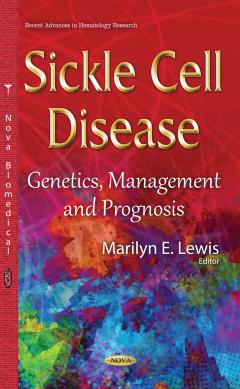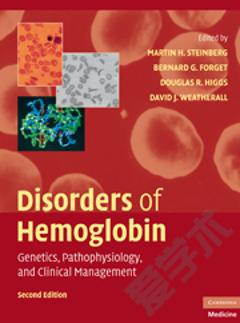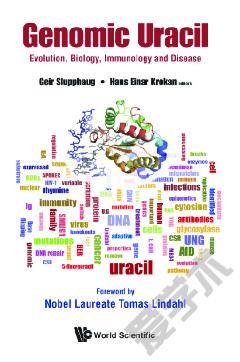Sickle Cell Disease: Genetics, Management and Prognosis
Sickle cell disease (SCD) is a genetic disorder caused by an abnormality of hemoglobin. The disease is characterized by a chronic hemolytic anemia. The search for affordable and accessible medicines mainly from plants and having various modes of actions for managing SCD is a priority in Africa where the disease is endemic. The first chapter in this book reviews children with Sickle Cell Disease (SCD). The authors also present their research that shows that clinically, children with SCD behave differently regarding their genetics. The second chapter gives an overview of the current progress in research in calcium handling in red blood cells of sickle cell disease patients, followed by an outlook into the potential use of blockers of the cation channels for therapy of SCD patients. The third chapter reviews and validates the pharmacological relevance of "Gardenia ternifolia" and sustains the use of this herbal medicine in the management of SCD in traditional medical systems. The fourth chapter reviews the search and the development of antisickling herbal drugs in Africa, where Sickle cell disease (SCD) is an endemic. The last chapter reviews SCD and its impact on sexual functioning as well as relationship dynamics. Conclusions support the importance of social support and its far-reaching impact into the coping mechanisms of patients with chronic illness as well as quality of life.
{{comment.content}}








 京公网安备 11010802027623号
京公网安备 11010802027623号